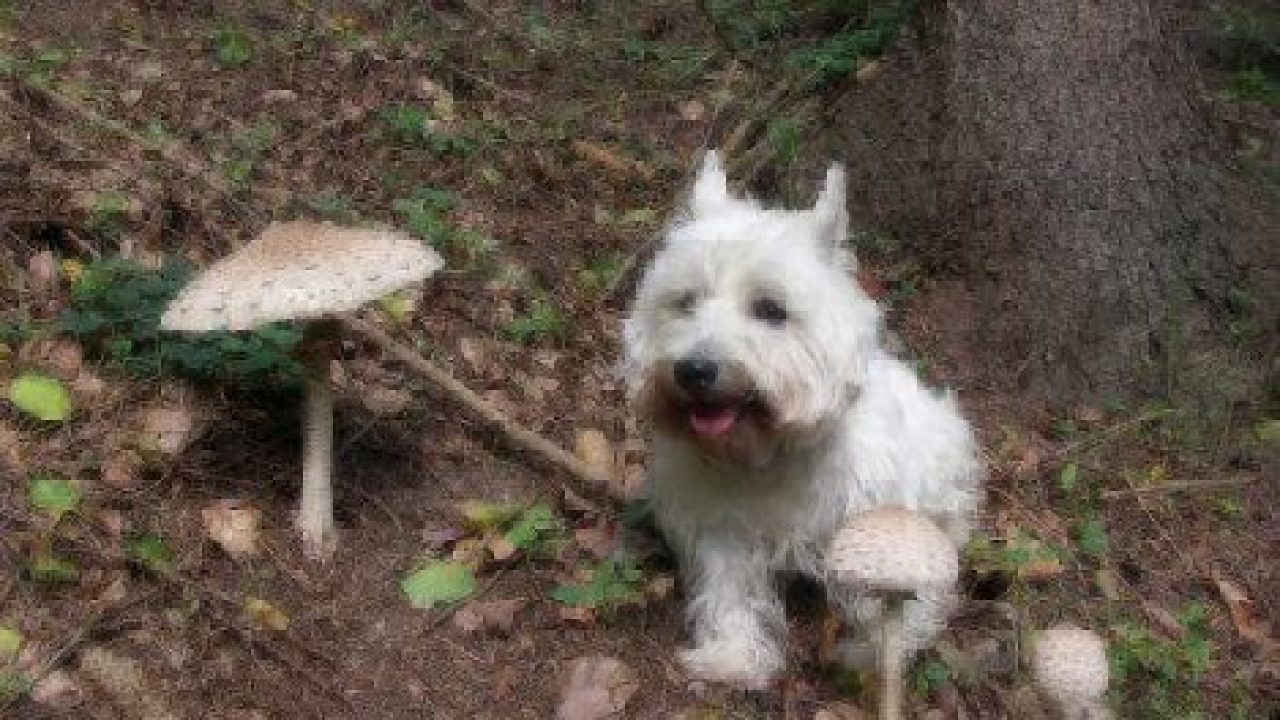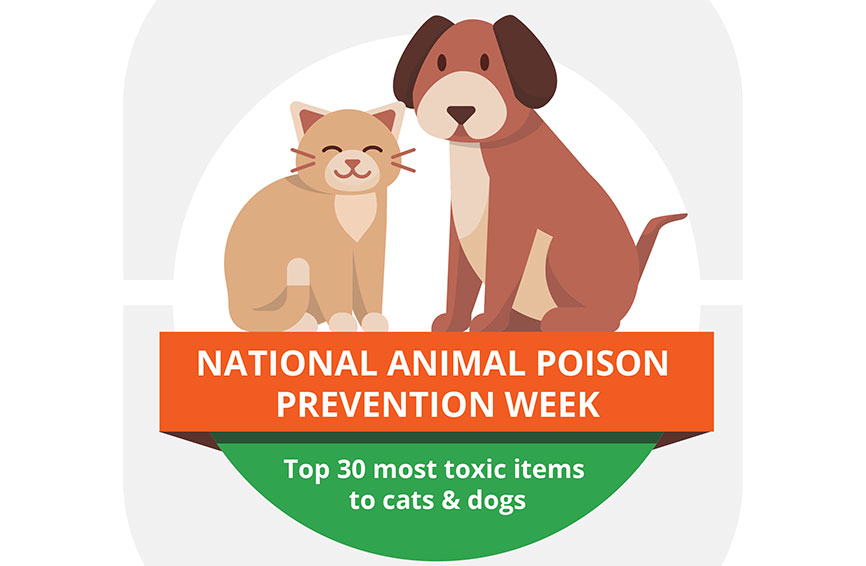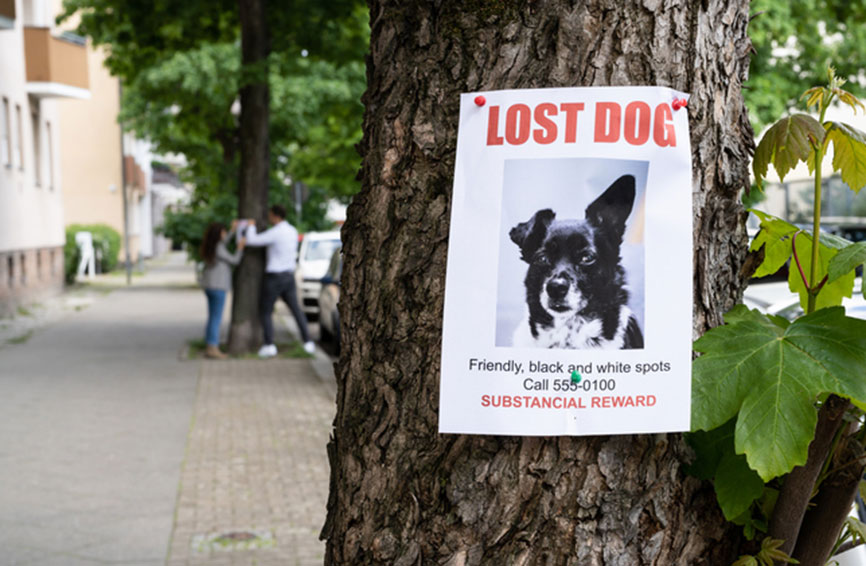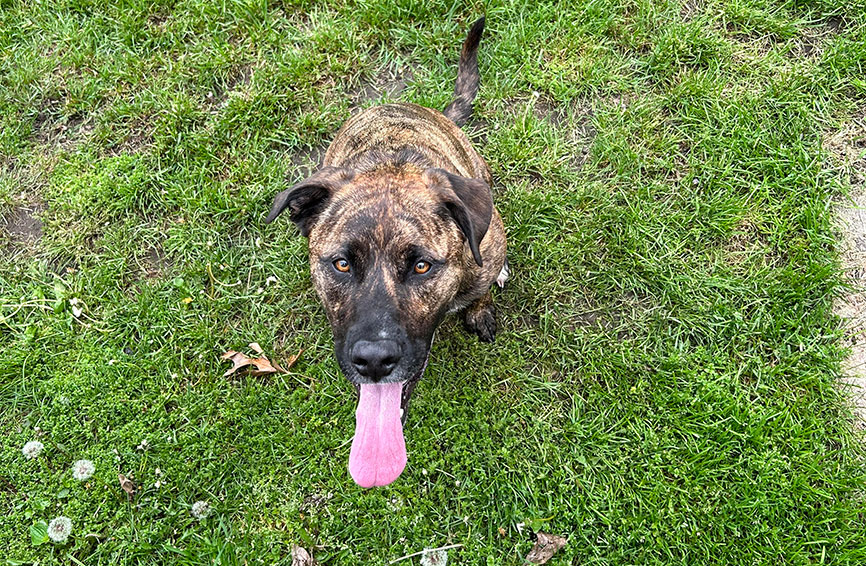Table of Contents
Key Takeaways
- Only a small number of all mushroom species are considered toxic, but some species elicit a severe reaction and sometimes death.
- Symptoms of a reaction may include vomiting, diarrhea, excessive drooling, lethargy, and seizures.
- Mushroom poisoning requires immediate hospitalization and supportive care.
While many pet parents probably love mushrooms in their soups, salads, and sides, dogs don’t need to eat them. Although store-bought mushrooms will not usually hurt them, wild mushrooms have the potential to be toxic.
Wild Mushrooms
Whether you are hiking or taking a walk in the park, catching your dog eating a wild mushroom may induce panic. However, you should remain calm, try to collect a sample of the ingested mushroom, and then call your veterinarian, Pet Poison Helpline, or animal ER immediately for guidance. Only a small number of all mushroom species are considered toxic, but identifying them can be difficult. Because some species result in severe clinical signs, and sometimes death, it is best to err on the side of caution if your dog is exposed.
Clinical Signs and Symptoms of Mushroom Toxicity in Dogs
The species of the ingested mushroom determines the clinical signs that dogs experience. This is because mushrooms have different toxins that affect different organ systems. General clinical signs that may be present include the following:
- Vomiting and diarrhea
- Excessive drooling
- Weakness
- Lethargy
- Ataxia (staggering gait)
- Seizures
- Liver failure
- Jaundice
- Abdominal pain
- Coma
- Death
Veterinarians strongly urge pet parents who have witnessed their dog eating wild mushrooms to bring the dog to the hospital for examination and treatment. There are a few wild mushrooms in particular that are of greater concern because they cause severe toxicity.
Amanita Mushrooms
Amanita mushrooms are found primarily in the Northern Hemisphere of the United States and are known to cause liver and central nervous system toxicity. Amanita phalloides, which is nicknamed “death cap,” is among the most poisonous of mushrooms. It can cause gastrointestinal distress and liver failure, and signs may not appear until 6-24 hours after ingestion. Initial signs include vomiting and watery diarrhea, which may progress to liver failure, kidney failure, and various other complications. Even if your dog shows no initial signs, it is crucial to seek veterinary care as soon as possible if you suspect ingestion. Unfortunately, the prognosis is very poor after consuming Amanita phalloides.
Other toxic mushrooms include Amanita gemmata, commonly referred to as “jeweled death cap,” and Amanita muscaria, also known as “fly agaric.” Ingesting these mushrooms causes excessive salivation, low blood pressure, tremors and seizures, lethargy, incoordination, and delirium within 3 hours. Usually ingestion is not fatal.
Hallucinogenic Mushrooms
These types of mushrooms are often used by humans for recreational use due to their hallucinogenic properties. The Psilocybe, Panaeolus, Conocybe and Gymnopilus species are found in many regions throughout the United States.
Signs that may be present include the following:
- Weakness
- Tremors and seizures
- Vomiting
- Diarrhea
- Aggression
- Vocalization
Concoybe mushrooms may also lead to liver failure in some cases.
Mushrooms that Affect the Gastrointestinal Tract
A relatively large group of mushrooms can cause gastrointestinal issues that range in severity. Clitocybe and Inocybe species are poisonous to pets due to the muscarine toxin. Other types of mushrooms that result in mild gastrointestinal uspet include Boletus, Chlorophyllum, and Entolomo. Clinical signs appear within a few minutes to two hours after ingestion. These signs may include the following:
- Drooling
- Vomiting
- Diarrhea
- Loss of appetite
Check out our toxic mushroom infographic for more information.
Treating Mushroom Poisoning in Dogs
Mushroom poisoning requires immediate hospitalization and supportive care. Treatment depends on the type of mushroom, the extent of clinical signs, and the time since ingestion. Bringing in a sample of the mushroom may help quickly identify the toxin to counteract its effects. Your veterinarian may induce vomiting if it has been 2 hours or less since ingestion. Bloodwork is often necessary to assess internal organ function and to determine a treatment plan. Most patients will need to be hospitalized on IV fluids. Other drugs may be administered depending on the type of mushroom ingested and its toxic properties.
Store-Bought Mushrooms
Most store-bought mushrooms are not toxic to dogs. However, they are not necessary as part of your dog’s diet, and it is best to avoid feeding them. Introducing these table scraps to your dog can cause mild gastrointestinal upset.
Oils, butter, seasoning, garlic and onions can be harmful to dogs. Unless the mushroom is served plain, it is generally safer to avoid feeding it to your dog. So if you’re thinking about giving your dog some mushrooms, maybe just throw her a carrot or an apple slice instead.
Curious about what is okay (and not so okay) for your dog to munch on? Check out our other articles on what human foods are safe for dogs.
Sources: https://www.dvm360.com/view/unfriendly-fungi-five-types-mushrooms-toxic-pets, http://www.pethealthnetwork.com/dog-health/dog-toxins-poisons/dogs-and-mushrooms









